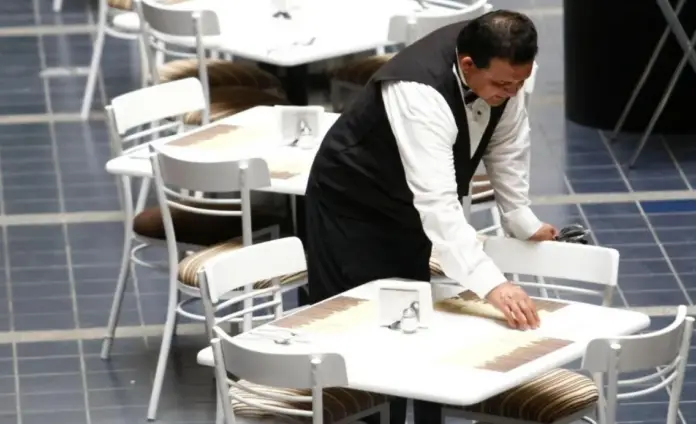The Silla Law is a new issue in Mexico, but not in the world. For many years, workers in some industries have worked long hours standing, a situation that has been shown to cause health problems in the vast majority of people.
In response to this, various countries have made changes to their legislation for many years in order to improve people’s working and health conditions by guaranteeing rest in seats.
The Silla Law is a right to rest, a human aspect that should be regulated and guaranteed in legislation, but in which Mexico was lagging behind despite the fact that there are economies with legal frameworks since the beginning of the 20th century.
These are some economies that have had regulations for more than 100 years:
Chile
Derived from the labor movements in Chilean territory, the Silla Law, also known as “No. 2951” was enacted in 1914, which requires the owners of commercial establishments to have chairs for their workers.
Argentina
Through Law 12205/1935 or the Silla Law enacted in 1935, the Argentine government required all commercial establishments to have a seat or chair with a backrest for each employee.
Spain
It was in 1912, when Spanish authorities approved the Silla Law, which was initially focused on all women in the working sector, since it was detected that working standing for many hours caused damage to health.
Uruguay
Thanks to the Silla Law issued in 1918 by the Uruguayan government, it was mandatory to have chairs in establishments and commercial premises so that employees or workers could sit when their tasks allowed it.
Mexico
This year, a gap of more than 100 years was closed in our country, after the Congress of the Union approved the Silla Law, which establishes that workers must have seats for their rest during work days, and prohibits employers from forcing people to remain standing for the entire working time.
Who is it aimed at?
Sectors such as security guards, supermarket cashiers, sales force in department stores, receptionists in restaurants, tourism personnel, among others, are some examples of workers who carry out most of their activities standing.
Specifically, the Silla Law in Mexico is aimed at establishments in the commerce, services and similar sectors. In the case of industrial activities, it will only be applicable when the nature of the work allows it.
In the national territory, the reform that was made to the Federal Labor Law (LFT) seeks to guarantee the right to rest in a seat for people who have working days in an upright position.
The key point of the modifications made is the care and preservation of people’s health, since various international investigations assure that standing for long periods of time causes physical and even mental problems in people.
Through an investigation by the American Journal of Epidemiology, it was proven that people with jobs that require standing for long periods of time have a high risk of suffering from heart disease compared to employees who are seated.
The Silla Law in Mexico raises among the health problems that are sought to avoid among workers who perform their work day standing are:
Fatigue
Venous insufficiency
Tendinitis
Emergence of varicose veins
Knee injuries
Muscle pain
Hemorrhoids
Lumbago
Plantar fasciitis
The Silla Law is only waiting for its publication in the Official Gazette of the Federation (DOF), once this occurs, it will enter into force 180 days later.
Source: eleconomista






